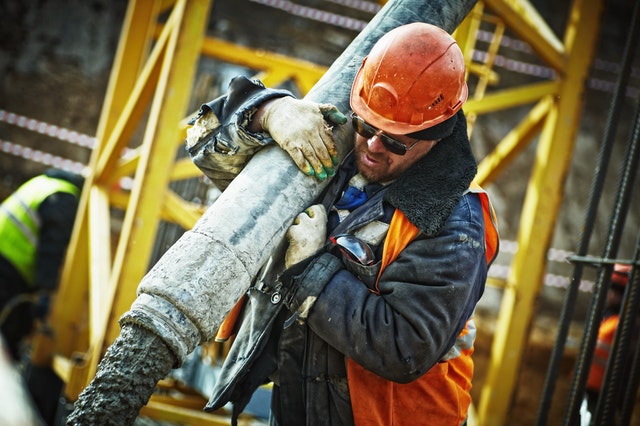Accidents are unexpected by definition. Accidents do happen, however, and sometimes they happen on the job. When they do, work-related injuries sometimes ensue. What’s more, both employees and employers bear a certain amount of responsibility when that occurs.
Automobile accidents are the most common of all accidents. Sometimes these are work-related. Slips and falls follow closely behind, leading to numerous work-related injuries.
Wise employers institute policies that prevent work-related injuries. In so doing, they save their companies from countless hours of lost productivity, as well as heavy financial burdens.
Because of recent technological advances and more strictly enforced regulations, the numbers of work-related injuries have decreased in recent years. Nonetheless, work-related injuries are impossible to completely eliminate. What’s more, the severity of injuries from work-related accidents is generally greater than other personal injuries.
Employers need to prepare for accidents and work-related injuries. That’s because injured workers have certain rights. For example, employees can expect to be compensated for the losses they suffer in an accident at work. Nowadays, injured workers can even use a personal injury calculator. This tool can give employees some idea of the compensation they are entitled to.
RELATED ARTICLE: DIRECT AND INDIRECT COSTS INVOLVED IN WORKPLACE ACCIDENTS
Establishing Responsibility in a Work-Related Injury
Both employer and employee bear some responsibility in a work-related injury. For example, the employee has the responsibility to comply with the requirements of the position. The employer’s responsibility, on the other hand, is to ensure that they have taken all of the necessary precautions in order to prevent accidents.
After an accident occurs, either an internal investigation or a governmental investigation will determine which party bears the greatest responsibility. In other cases, such as in most European countries, independent investigations make this determination.
Tougher Laws Around Work-Related Injuries
The government of Spain recently enacted tougher work security measures. They did this after several years in a row of having one of the highest rates of work-related accidents in Europe. Spain’s new employment law specifies that the burden of proof is on the worker. That is, the employee must prove with specific evidence that the employer was at fault in the accident. Only then will the Spanish employee receive compensation for the work-related injuries he or she sustained.
The Employer’s Responsibility for a Work-Related Injury
Work-related accidents will happen so be sure to check out a workers compensation attorney. Therefore, employers must at all times have specific regulations in place. After an accident, the employer has specific duties which include:
- Ensuring immediate medical care to the injured employee
- Reporting the accident to proper authorities
- Recording the accident
- Ensuring the payment of medical leave for the employee
The employer must also cooperate with the authorities and other institutions involved in investigating the accident. Among these institutions, insurance companies play an important role. That’s because most companies have insurance policies which protect employers to some extent.
Asian countries are the best examples in this case. For instance, Malaysian employees have the right to employment injury insurance under a national scheme put in place by the government. The responsibilities of the employer don’t stop at ensuring the care of the injured worker and cooperating with authorities. They must also allow the employee to return to work after the recovery period without any penalties.
Accident Prevention: Everyone’s Responsibility
Work accidents are not easy to resolve. Further, investigations in serious cases can take a longer time. However, the employer has the duty to put all available resources to the disposition of those investigating the accident. What’s more, it benefits everyone to carry out an independent verification. Doing so can prevent similar accidents from happening in the future.

